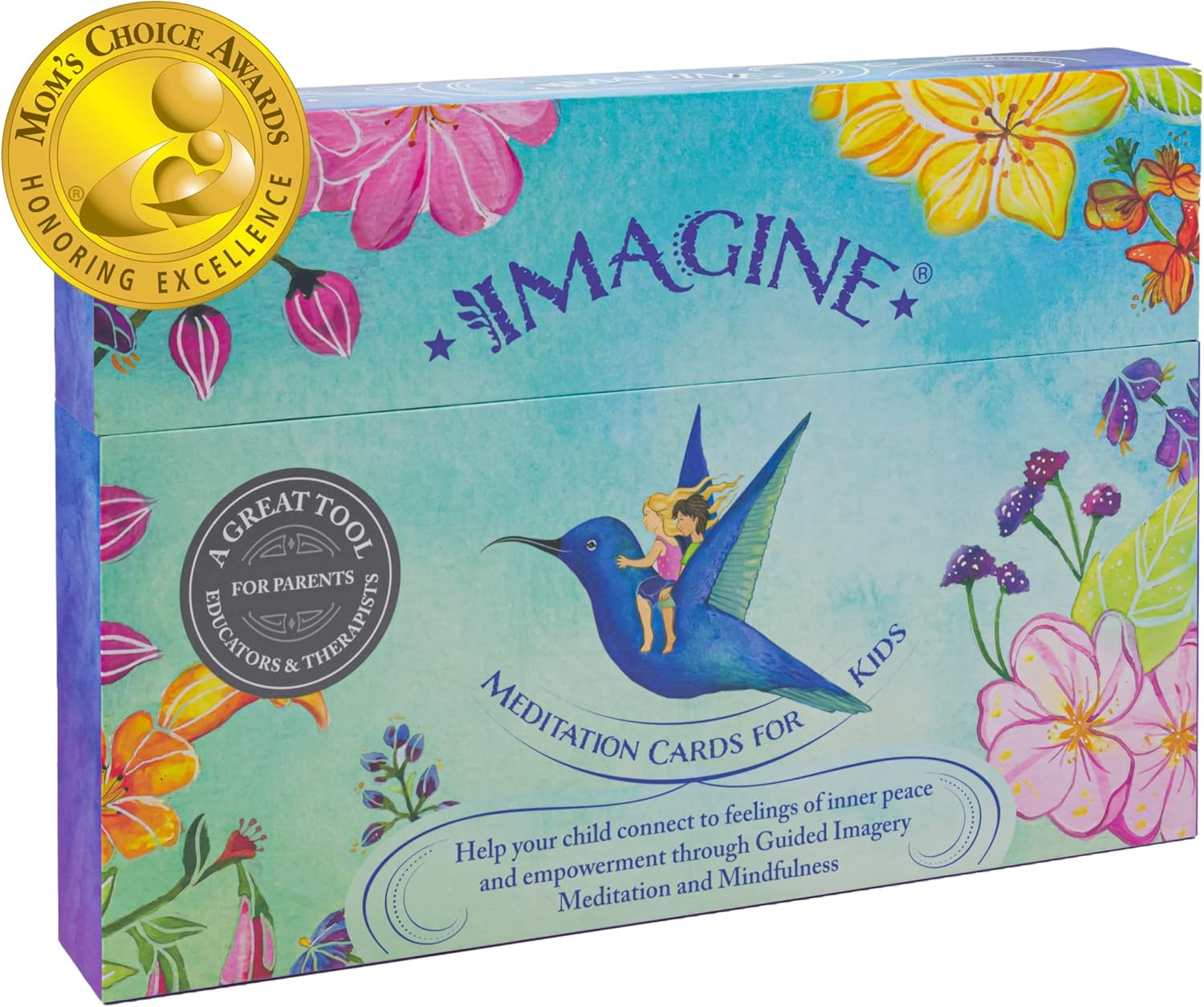The ancient Chinese practice of QiGong has been used for centuries to promote holistic well-being, yet it remains something of a mystery to many of us today. In recent years, however, QiGong has been gaining in popularity as more people look to Eastern practices to find a balance between their physical, mental, and spiritual health. In this blog post, we will explore the basics of QiGong, its role in holistic well-being, and how to get started with this powerful practice.
What is QiGong?
QiGong is an ancient Chinese practice that is known to promote balance, longevity, and health. This holistic practice combines physical movements, mental focus, and breathing techniques to create a peaceful and harmonious state of mind. QiGong is becoming increasingly popular nowadays, as it offers several benefits such as improved physical and mental health, increased energy levels, and stress relief.
If you're new to QiGong, this article is here to help you get started. We'll cover the basics of QiGong, its various benefits, and how you can start practicing it.
QiGong, which translates to “energy work” or “breath work”, is a practice that combines physical postures, breathing techniques, and meditation to promote holistic well-being. The practice is rooted in Taoism and is believed to be over 5,000 years old. The goal of QiGong is to cultivate and balance the qi, or life force energy, which flows through the body.

- QiGong is a holistic practice, which means that it works on all levels of the body, mind, and spirit. Through the practice of QiGong, practitioners are able to access their body’s natural energy and use it to promote physical, mental, and spiritual health.
- QiGong is a Chinese system of exercise and meditation that has been practiced for centuries. It combines physical, mental, and spiritual practices to cultivate and balance the body’s vital energy, or qi. QiGong involves a variety of movements, breathing exercises, and meditation techniques to create a harmonious flow of life energy.
- QiGong is often used for healing and relaxation purposes, and is said to improve physical and mental health, increase energy levels, and reduce stress. It can also help to strengthen the immune system, reduce inflammation, and improve balance, flexibility, and posture.
Other Holistic Practices Similar to QiGong
QiGong is just one of the many holistic practices out there that can help to improve physical and mental health. Here are some other practices that are similar to QiGong:
Tai Chi:
Tai Chi is an ancient Chinese martial art that combines slow, graceful movements with meditation and breathing techniques to improve physical and mental health. It has been practiced for centuries, and it is known to help reduce stress, improve balance, increase flexibility, and promote overall wellbeing.
Tai Chi is a low-impact practice that can be done by people of all ages and fitness levels. It is also known to help improve posture, reduce joint pain and stiffness, and strengthen the immune system.
To practice Tai Chi, you will need to find a qualified instructor who can teach you the basic movements and breathing techniques. You can also attend classes or watch online videos to learn the basics of Tai Chi.
Yoga
Yoga is an ancient practice that has been used for centuries to improve physical and mental health. It combines physical postures, breathing exercises, and meditation to help reduce stress, improve focus, and promote overall wellbeing.
Yoga is a low-impact practice that can be done by people of all ages and fitness levels. It is known to help improve balance, flexibility, posture, and strength. It can also help to reduce anxiety and depression, improve sleep quality, and boost the immune system.
To practice yoga, you can join a class with a qualified instructor or watch online videos to learn the basics of yoga.
Meditation
Meditation is a practice that helps to reduce stress, increase focus, and improve overall health and wellbeing. It involves focusing the mind on a particular object or thought, and observing the thoughts and emotions that arise without judgment.
Meditation is a low-impact practice that can be done by people of all ages and fitness levels. It is known to help reduce anxiety and depression, improve sleep quality, and increase mindfulness and concentration.
To practice meditation, you can join a class with a qualified instructor or watch online videos to learn the basics of meditation.
Acupuncture
Acupuncture is an ancient Chinese practice that helps to balance the body’s energy by inserting needles into specific points on the body. It is known to help reduce stress, improve sleep quality, reduce joint pain and stiffness, and promote overall wellbeing.
Acupuncture is a low-impact practice that can be done by people of all ages and fitness levels. It is known to help improve balance, flexibility, posture, and strength.
To practice acupuncture, you will need to find a qualified acupuncturist who can help you identify the right points to insert the needles.
Reiki
Reiki is a Japanese practice that helps to promote healing by channeling energy through the practitioner’s hands onto the recipient’s body. It is used to help reduce stress, improve sleep quality, reduce joint pain and stiffness, and promote overall wellbeing.
Reiki is a low-impact practice that can be done by people of all ages and fitness levels. It is known to help improve balance, flexibility, posture, and strength.
To practice Reiki, you will need to find a qualified Reiki practitioner who can help you understand the practice and its benefits.
Each of these practices has its own unique benefits, and it’s up to you to decide which one is best for you. If you’re looking for a holistic practice that can help to improve your physical and mental health, QiGong is a great place to start.
Benefits of QiGong
QiGong offers many benefits that can help improve your physical and mental health. Here are some of the most common benefits of QiGong:
Improved physical and mental health
QiGong can help to improve physical and mental health by reducing stress, increasing energy levels, and improving balance, flexibility, and posture.
Stress relief
QiGong helps to reduce stress levels by calming the mind, improving relaxation, and helping you to become more aware of your breathing and body.
Improved focus
QiGong helps to improve concentration, focus, and clarity of mind by helping you to become more mindful and present in the moment.
Increased energy
QiGong helps to increase energy levels by improving circulation and helping to reduce fatigue.
QiGong and Holistic Well-Being
QiGong is a powerful tool for promoting holistic well-being. While the practice has its roots in Taoism, it is accessible to people of all beliefs and backgrounds. Through the practice of QiGong, practitioners can access their body’s natural energy, which is believed to be the foundation of physical, mental, and spiritual health.
The practice of QiGong works on all levels of the body, mind, and spirit. On a physical level, QiGong can improve posture, flexibility, and strength. It can also reduce stress, improve circulation, and boost the immune system. On a mental level, QiGong can help practitioners become more mindful and aware of their thoughts and feelings. On a spiritual level, QiGong can help practitioners cultivate a deeper connection with their inner being and the world around them.
In addition to the physical, mental, and spiritual benefits of QiGong, the practice can also help to improve overall wellbeing. Through the practice of QiGong, practitioners are able to cultivate a greater sense of peace, balance, and harmony within themselves. This can lead to improved mental clarity, better sleep, and increased energy.
Getting Started with QiGong
If you’re interested in exploring the benefits of QiGong, the best way to get started is by taking a QiGong class or workshop. Many yoga studios, health centers, and meditation centers offer QiGong classes and workshops. These classes can provide a great introduction to the practice and provide an opportunity to learn from an experienced teacher.
If you’re unable to attend a QiGong class or workshop, there are also a number of online resources available. There are a number of books, videos, and websites that provide detailed instructions on how to practice QiGong. In addition, there are a number of QiGong apps available that provide guided meditations, breathing exercises, and postures.
If you're interested in trying QiGong, here are some tips to help get you started:
- Find a QiGong instructor: It's always best to learn QiGong from a qualified instructor, as they can provide guidance and help you to understand the practice more deeply.
- Start with simple movements: Begin with simple and gentle movements to help you get used to the practice.
- Be mindful of your breathing: Focus on your breathing as you practice and be mindful of the present moment.
- Practice regularly: Make QiGong part of your daily routine and practice it regularly to reap the benefits.
- Listen to your body: QiGong is a gentle practice, so it's important to listen to your body and go at your own pace.
QiGong is an ancient practice that has been used for centuries to promote holistic well-being. The practice of QiGong works on all levels of the body, mind, and spirit and can help practitioners to cultivate a greater sense of peace, balance, and harmony within themselves. If you’re interested in exploring the benefits of QiGong, the best way to get started is by taking a QiGong class or workshop, or exploring the numerous online resources available. With patience and practice, you can reap the many benefits of QiGong.
Get your FREE book about the Life of Qi here



